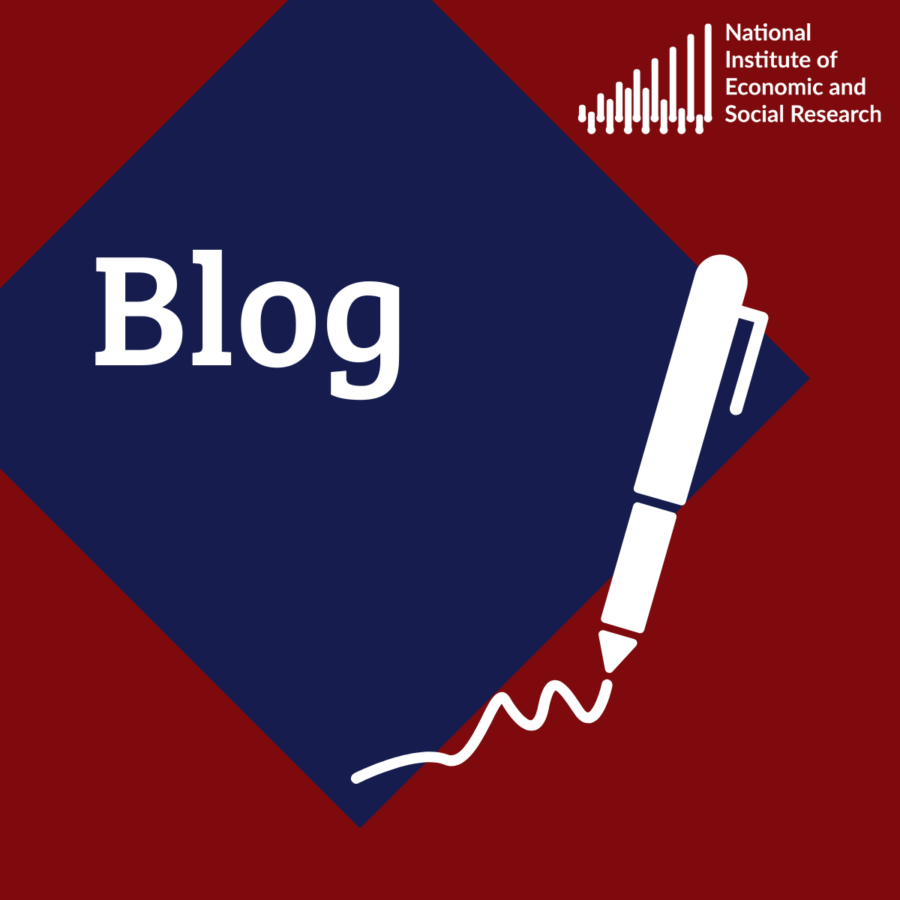Sterling Currency Union and Time Inconsistency
Currency arrangements that survive the test of time need to be coherent in all circumstances and without ambiguity. Part of any robust union is that there is a full commitment to make it work.

Currency arrangements that survive the test of time need to be coherent in all circumstances and without ambiguity. Part of any robust union is that there is a full commitment to make it work.
The White Paper restates the Fiscal Commission Working Group’s position that Scotland should enter into a Sterling union with the rest of the UK. However, the White Paper goes on to say it would be “open to people in Scotland to choose a different arrangement in the future”. This implies that even if a currency union is agreed by 2016, it may not be Scotland’s choice in the years thereafter. Presumably, in the same vein, there may also become a time when the people of the rest of the UK also change their mind.
If citizens on either side of the border have no guarantee that the Sterling union will continue to be the preferred option in future, then the arrangement is fragile because of this possibility of future changes of heart. Suggesting that the currency union may not be permanent leaves the system exposed. An example of this is the Czech and Slovak currency union after the amicable divorce in 1993. Because the Czech and Slovak currency union was conceived of as temporary, it lasted only 5 weeks.
We have argued that the higher the level of debt an independent Scotland inherits the more vulnerable the currency union would be. The reason is that in case of a shock, say a drop in oil revenues, the small country in a monetary union would not be able to use interest rates or exchange rates to adjust. The only alternatives would be to increase borrowing or to impose austerity. When the level of government debt is already high, it can be difficult and expensive to increase borrowing.
This would leave austerity. We all know that austerity is painful enough, and at some point leaving the union and regaining the ability to use monetary policy could become an attractive option. As a sovereign country, Scotland would not be able to commit to remaining in the monetary union in perpetuity. The White Paper acknowledges as much. When citizens perceive the political commitment to a currency union is on the wane, this undermines its resilience.
To unconditionally commit to a currency union in perpetuity requires political union. Indeed the Euro has survived precisely because there is a high degree of political commitment. Scottish independence is a political move in the opposite direction.


















